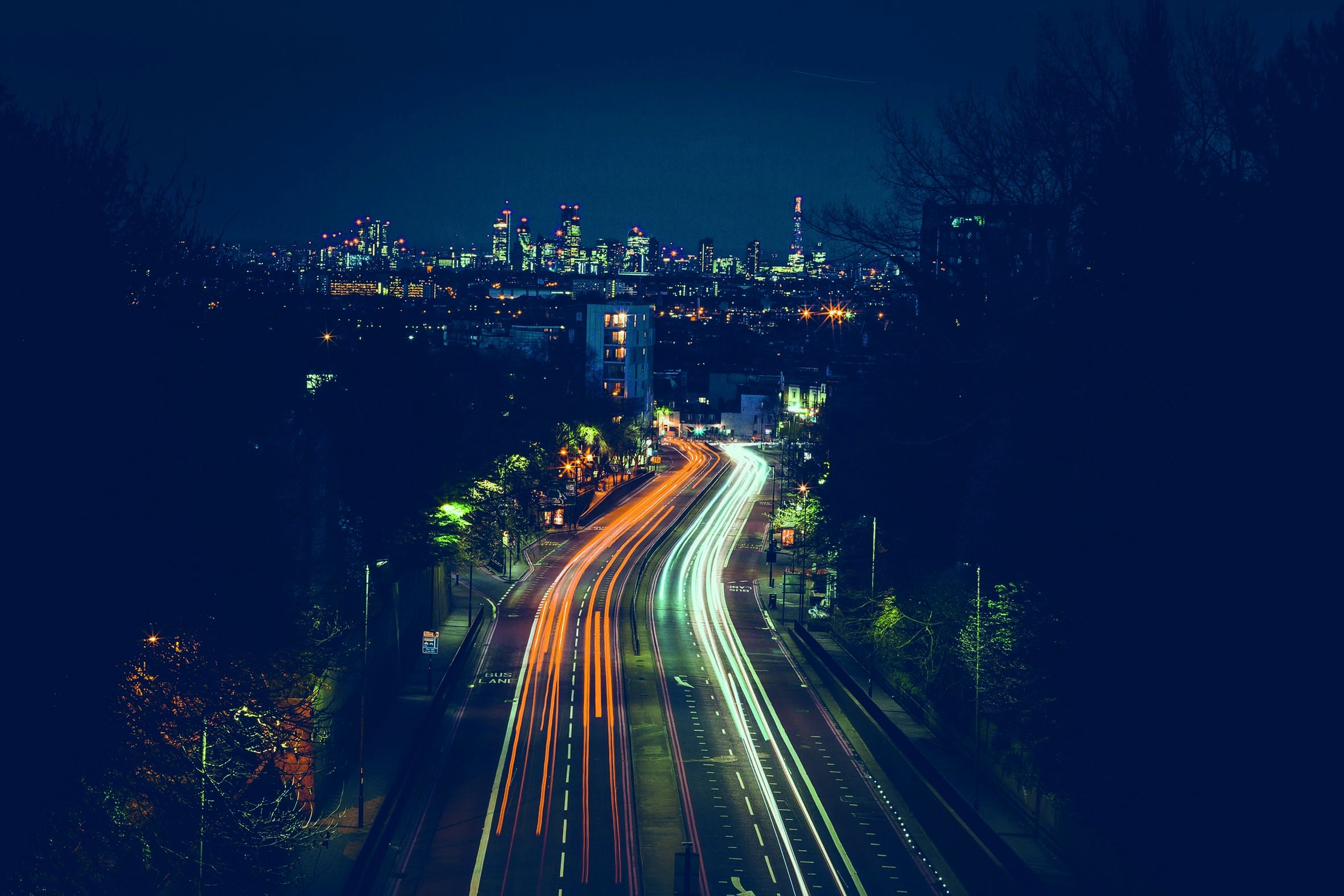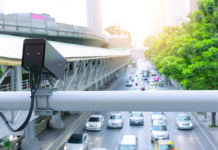
Chris Packham is urging the public to spend 20 minutes counting stars to help build a crucial national database mapping light pollution. The broadcaster is backing a campaign by CPRE, the countryside charity to rewild the night sky to restore truly dark natural habitats for threatened wildlife.
Artificial light pollution is one of the biggest threats to nocturnal creatures, many of which have suffered sharp population declines. Man-made light is known to cause confusion to migrating birds, often with fatal outcomes. It interrupts natural rhythms, including the reproduction, feeding and sleeping patterns of pollinating insects, bats and nocturnal animals.
CPRE is asking as many people as possible to take part in its annual Star Count, taking place from 17 to 24 February. By simply counting the number of stars visible to the naked eye in the Orion constellation, the public makes a vital contribution to building a nationwide picture of the state of our night sky. The results will help pinpoint the country’s most pristine skies and the areas most badly affected by light pollution.
Strengthened national and local planning policy is required to ensure we get well-designed lighting that is only used when and where it is needed. Light pollution disrupts wildlife. It also robs people of the opportunity to enjoy the beauty of the stars and reduces an often-forgotten connection to nature.
Emma Marrington, dark skies campaigner at CPRE, the countryside charity, said:
‘As the rewilding movement gathers pace, with government, landowners, farmers and conservation groups backing evermore ambitious projects, we are urging them to remember that the night sky is an intrinsic part of nature. Studies have shown that exposure to artificial light at night disrupts the natural circadian rhythms of humans as well as animals, leading to a range of negative health effects.
‘The night sky is becoming increasingly obscured by artificial light. Sadly, this means most people in the UK can’t see many stars at all, especially if they live near a big town or city. Yet, it’s a form of pollution that has been allowed to grow for years without any significant effort being made to control the damage it’s causing to people, nature and the environment. It’s time to rewild the night sky and help people, as well as wildlife, reconnect to such a vital part of our heritage.’
Two-thirds of invertebrates are partially or wholly nocturnal, and even daytime species can be severely impacted by the loss of a dark night sky. Research has shown light pollution can reduce fruit production, with visits to flowers by nocturnal pollinators, such as moths, beetles and flies, down by 62% in one study.
Environmentalist and broadcaster Chris Packham said: ‘We have many grave concerns about things which are impacting negatively upon our wildlife and they all urgently need addressing. One which is unfortunately relatively frequently overlooked is light pollution. Light pollution can be a real nuisance. It can interrupt animals’ behaviour and drastically disrupt their ecology, particularly nocturnal species like bats and moths. And that’s why CPRE, the countryside charity, is organising Star Count.
‘This is a great piece of citizen science where me and you can gaze into the night sky and count the number of stars which are visible to us in the constellation of Orion. This is stargazing made easy and you don’t even need a telescope.’
CPRE is calling for stronger local and national planning policy to combat light pollution – the National Planning Policy Framework, where these policies are decided, is currently under review. Now is the time for the government to act.
In the countryside – particularly near nature restoration projects and proposed wildlife corridors, in AONBs and national parks – naturally dark skies reinforce the benefits of returning the land to the most natural, healthy and peaceful state possible.
Simple and cheap measures, such as directional street lighting, timer switches on exterior lights and changing the colour of LED bulbs can make a significant improvement to light blight. Minimum standards are needed for the management of external lighting to cut light pollution; and stronger policies in local plans to ensure existing dark skies are protected, and that new developments do not increase light pollution.
Alastair Driver, director of Rewilding Britain, said:
‘Naturally dark skies reinforce the whole ethos of rewilding. Not only are they so important to much of our wildlife, they also engender a sense of wildness for people, which is crucial in strengthening our connections with nature. This, as we know, dramatically improves mental and physical health. Naturally dark night skies are a vital and meaningful part of our natural heritage.
‘For nocturnal wildlife in particular, the night sky is a crucial part of the environment. Reproduction, feeding and sleeping patterns are directly impacted by light pollution. Like all forms of pollution, it’s harmful to nature. Where public money is rightly invested in rewilding and nature recovery projects it clearly makes sense to ensure the night sky is in as natural a state as the land and sea.’








